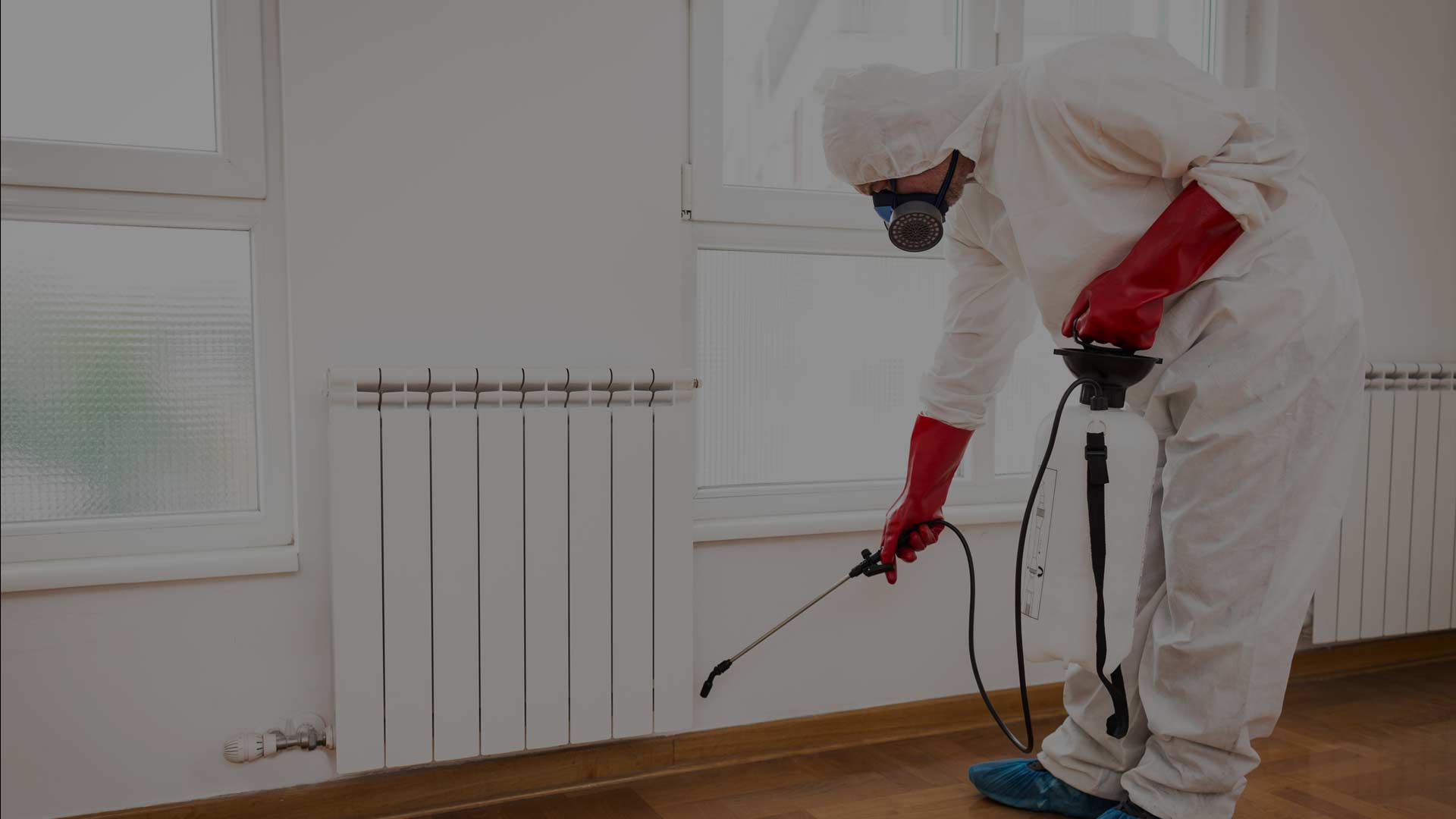Dependable Pest Control Washington DC: Shield Your Home and Company!
Dependable Pest Control Washington DC: Shield Your Home and Company!
Blog Article
Specialist Pest Control Techniques for Long-Term Outcomes
In the world of pest control, attaining continual efficacy and long-lasting outcomes requires a precise method that goes beyond mere extermination. Professional insect control methods encapsulate a thorough approach that begins with a comprehensive examination and assessment, followed by specific insect identification to recognize their actions patterns. The implementation of Integrated Insect Administration (IPM) concepts, combined with eco-conscious therapies, forms the cornerstone of sustainable bug obliteration. Nonetheless, the true examination exists in the ongoing monitoring and upkeep of the treated areas, guaranteeing a pest-free atmosphere for the foreseeable future. By diving into the details of these methods, a much deeper understanding of professional pest control methods for enduring results arises.
Inspection and Assessment
Upon getting in a residential or commercial property for bug control solutions, the initial step is a thorough assessment and assessment to identify the degree of the infestation and identify the most efficient treatment strategy. Specialist bug control specialists are educated to diligently analyze the facilities, trying to find indications of bug activity such as droppings, chomp marks, nests, or any type of architectural damage. They will certainly likewise evaluate the problems that may be drawing in pests, such as food resources, water leaks, or entry factors.

Pest Recognition and Habits

Moreover, recognizing the actions of the recognized parasite is key to implementing effective control measures. Understanding where bugs nest, what they feed on, and their task patterns can help pest control experts create approaches to eliminate them effectively.
Integrated Insect Management (IPM)
Integrated Bug Management (IPM) strategies incorporate numerous techniques to regulate and protect against bug infestations in a lasting and environmentally friendly manner. Exterminator DC. By incorporating methods such as organic control, habitat manipulation, alteration of cultural techniques, and using resistant varieties, IPM aims to reduce the usage of chemical pesticides
One of the crucial concepts of IPM is the emphasis on avoidance. This positive strategy involves monitoring pest populaces regularly to identify any type of potential problems prior to they rise. By recognizing parasite issues early on, pest control actions can be executed quickly and efficiently.
Additionally, IPM promotes making use of non-toxic insect control techniques whenever possible. This can include using natural killers of the pests, introducing advantageous bugs, or using pheromones to disrupt mating patterns. By minimizing dependence on chemical pesticides, IPM not just shields the environment yet additionally helps maintain a balance in the environment.
Environmentally-Friendly Therapies
Implementing eco-conscious methods in insect control treatments can effectively address invasions while focusing on environmental sustainability. Environmentally-friendly treatments focus on decreasing the influence of pest control methods on environments, non-target microorganisms, and human wellness.
Another key facet of environmentally-friendly therapies is the usage of natural and naturally degradable products that damage down promptly without leaving harmful deposits in the environment. Botanical insecticides originated from plants like chrysanthemums or neem supply reliable parasite control while posturing very little danger to non-target types. Additionally, using techniques like warm therapies or pheromone traps can target certain bugs with precision, lowering the general ecological impact of bug control methods.
Recurring Tracking and Upkeep
Routine evaluations by skilled experts are required to identify any type of indications of insect task, evaluate the performance of previous treatments, and make modifications to the parasite control strategy as needed. By checking bug populations over time, bug control experts can track trends, anticipate possible problems, and apply preventative steps to reduce the risk of future infestations.
Along with tracking, maintenance practices are crucial for long-term bug control success. This consists of applying proper sanitation actions to eliminate prospective food and water sources for insects, sealing access exterminator factors to protect against insects from entering the facilities, and addressing any type of structural issues that might help with parasite infestations (bed bug treatment). By including ongoing surveillance and maintenance into an incorporated pest management technique, services can ensure a pest-free environment and safeguard their residential property versus pricey damages and wellness threats
Conclusion
To conclude, using professional bug control strategies such as complete examination and evaluation, precise insect recognition and understanding of their behavior, integrated parasite monitoring methods, environmentally-friendly therapies, and recurring tracking and maintenance are vital for attaining long-term cause bug control. By implementing these approaches, individuals can effectively take care of pest infestations and maintain a pest-free atmosphere in a sustainable manner.
Report this page